Request for Applications
The 2025 FSR Cardiac Grant is the latest of FSR’s Cardiac Sarcoidosis Grant program, which began in 2022. This opportunity allows for researchers to apply with an existing or new project and aims to support smaller scale or pilot research projects dedicated to cardiac sarcoidosis, which can be funded either singularly by FSR or through a partnership with additional funders. Each proposal should feature a $100,000 project over a two-year period.
Applicants must submit a Letter of Intent in order to be considered for funding. You’ll be notified by the end of July as to whether or not you’re invited to submit a full grant proposal. Full applications will not be accepted unless notification of invitation has been received from FSR.
Cardiac Sarcoidosis Grant Eligibility Criteria:
- Proposals for the Cardiac Sarcoidosis Grant must be for research in the cardiac sarcoidosis space.
- Proposals for research studies focused on areas other than cardiac sarcoidosis are not eligible.
- Principal Investigators (PIs), Co-PIs, and Sub-Is, must submit bio-sketches in the NIH format (or equivalent international formats) as well as any letters of support from anyone collaborating on the proposal.
- The PI must be affiliated with a college, university, or a non-profit research facility that is willing to serve as the administering organization if the grant is awarded.
- Proposals are accepted from the U.S. and internationally, however all proposals must be submitted in English and budgets must be proposed in U.S. Dollars.
The Foundation for Sarcoidosis Research does not award grants directly to individuals.
Restrictions
- The FSR Cardiac Sarcoidosis Grant budgets are limited to $100,000 over a two-year period and may not include indirect costs
- Budgets that include research lab equipment that uses over 50% of the proposed budget must include justification and a description of how that piece of equipment will be used after the grant period is over.
- All awardees must submit bi-annual progress reports to FSR. Bi-annual reports are due at the end of each 6-month period while the grant period is active.
- Projects proposed may not exceed two years in duration.
- If a PI has previously held another grant from FSR within the last year, it is up to the discretion of the reviewers and FSR if another proposal should be eligible.
- PIs and Co-PIs may not submit more than one application for this RFP.
FSR Research Agenda
FSR has undertaken a comprehensive process to develop a new research agenda that will guide its funding priorities and strategic direction. FSR employed a rigorous four-stage process to develop its research priorities, including conducting a literature review; hosting a brainstorming workshop with key stakeholders including physicians, patients, and caregivers; conducting direct stakeholder interviews; and facilitating a quantitative prioritization survey of the FSR community. Read more about the FSR Research Agenda here.
Through this process, FSR established five primary research priorities and six research values that should guide all funded research.
Research Priorities
Successful research proposals will need to be aligned with one or more of the following priorities:
Research Values
Where appropriate and/or possible, all FSR-funded research should demonstrate the following characteristics:
Letter of Intent Instructions:
1. Proposals will be blinded for review. Please provide the following information on the cover sheet only and ensure no identifying information is provided in the proposal.
a. Investigator and research team names
b. Institution
2. Proposals should be no longer than two pages in length, single-spaced, utilizing 12-point font and 1-inch margins.
3. Proposals should include:
a. Project Title and Summary
b. Brief description of project and research focus
c. Primary objectives of the project
d. Methodology
e. Alignment with the FSR Research Agenda priorities and values
i. Please indicate the research priority your project most directly addresses
ii. Provide justification for the alignment of your proposal
**Submit your LOI in PDF format to research@stopsarcoidosis.org**
Applications will be evaluated in the following areas:
- Significance: the importance and potential impact of the proposed research on the field of cardiac sarcoidosis
- Approach: the rigor and feasibility of the methods proposed to achieve the project’s goals
- Alignment with FSR’s Research Agenda Priorities and Values: strength of alignment with investigator-identified primary priority
2025 Timeline for Applicants
June 2025 - Applications open
June 30, 2025 - Deadline for LOIs
July 2025 - Review period
Late July 2025 - Invitations to submit full applications sent
September 15, 2025 - Deadline for full proposals
September-October 2025 - Review period
November 2025 - Awardee Notification
Reports and payments
- Bi-annual Reports: The grantee will send a bi-annual report of activities and financial reports.
- Grant fund payments will be contingent on and align with the bi-annual report schedule.
- Annual Report and Evaluation: All grantees may be asked to participate in a patient-friendly colloquium reporting on the experience, research outcomes, and grant preparation and application process.
Any resulting publications or presentations must acknowledge the support of the host institution and FSR. FSR should be sent a copy of all resulting publications in PDF format.
If you have any questions, please contact research@stopsarcoidosis.org.
Learn about upcoming funding opportunities by signing up for FSR’s Physician Investigator Newsletter here.
Past Awardees
2024
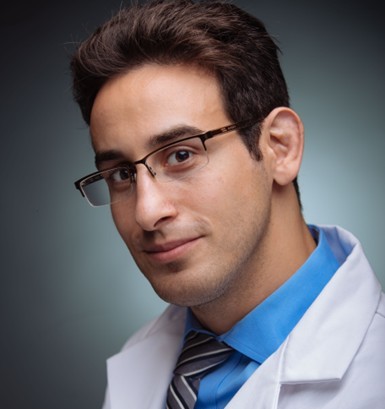
Awardee #1: Dr. Eliot Peyster, MD, MSc, University of Pennsylvania
Project Name: Establishing a True Gold Standard for Cardiac Sarcoidosis (CS) Diagnosis with Quantitative Multi-marker Immunofluorescence
Dr. Eliot Peyster is an Assistant Professor of Medicine at the University of Pennsylvania whose research focuses on the application of computational methods and spatial biology concepts to enhance precision medical practices. With clinical training in cardiovascular, heart failure, and transplant medicine, and scientific training in translational research, his work focuses on designing rigorous experiments which expedite the translation of innovative technologies into patient care. He has led multiple first-in-field investigations leveraging ‘machine learning’ computer-vision technology to diagnose and predict diseases of both the native and transplanted heart. As a result of these efforts, he has received multiple national research awards, been awarded several US patents, has presented at numerous national and international conferences, and serves as key personnel on multiple NIH-funded projects. Current areas of research focus on applying high-plex digital spatial profiling tools to cardiovascular diseases, adapting these cutting-edge methods to glean new insights into inflammatory cardiomyopathies, coronary artery disease, heart failure, and organ transplant rejection.

Awardee #2: Dr. Ravi Karra, MD, MHS, Duke University
Project Name: Repurposing 99mTc-Tilmanocept Imaging for Cardiac Sarcoidosis
Ravi Karra, MD, MHS is a physician-scientist and practicing advanced heart failure cardiologist at Duke University. He is an Associate Professor in the Departments of Medicine and Pathology and a member of the Stem Cell/Regenerative Biology and the Cellular /Molecular Biology programs. Dr. Karra leads a translational research program focused on the recovery from heart failure. His NIH-funded laboratory combines epidemiologic approaches with developmental biology to define niches during cardiac growth and disease. He also conducts early phase clinical trials focused on bringing novel therapeutics to patients with cardiovascular disease. Clinically, he directs the Duke Precision Cardiomyopathy Program, founding programs for amyloidosis, sarcoidosis, and heritable cardiomyopathies.
2023
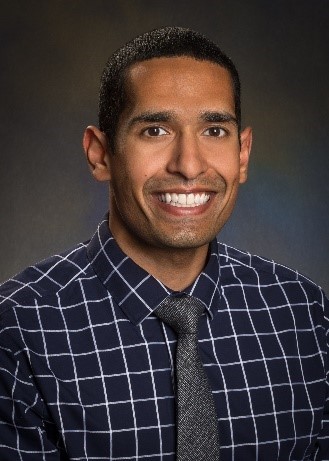
Awardee #1: Dr. Senthil Selvaraj, MD, MS, MA
Project Name: Diagnostic Utility of SGLT2 Inhibition to Facilitate Myocardial Glucose Suppression During Evaluation of Cardiac Inflammation on FDG-PET
Senthil Selvaraj, MD, MS, MA, is an Assistant Professor of Medicine in the Section of Advanced Heart Failure and Transplant at Duke University Medical Center and faculty member at the Duke Molecular Physiology Institute. Dr. Selvaraj’s translational research program explores the implications of altering cardiovascular metabolism in patients with heart failure, including cardiac sarcoidosis. Through early phase work, his research employs deep phenotyping to decipher metabolic mechanisms that may be leveraged for cardiovascular benefit. These studies characterize dynamic changes in metabolism leveraging biomarker profiles and metabolic molecular imaging techniques, among other modalities. Specifically, Dr. Selvaraj has investigated the diagnostic and therapeutic relevance of ketosis, including ketogenic medications such as SGLT2 inhibitors, to cardiovascular disease. In addition to the Foundation for Sarcoidosis Research, Dr. Selvaraj’s work is currently or recently funded by the National Institutes of Health, American Heart Association, Doris Duke Charitable Foundation, Mandel Foundation, Heart Center Leadership Council, Institute for Translational Medicine and Therapeutics, and American Society for Nuclear Cardiology.
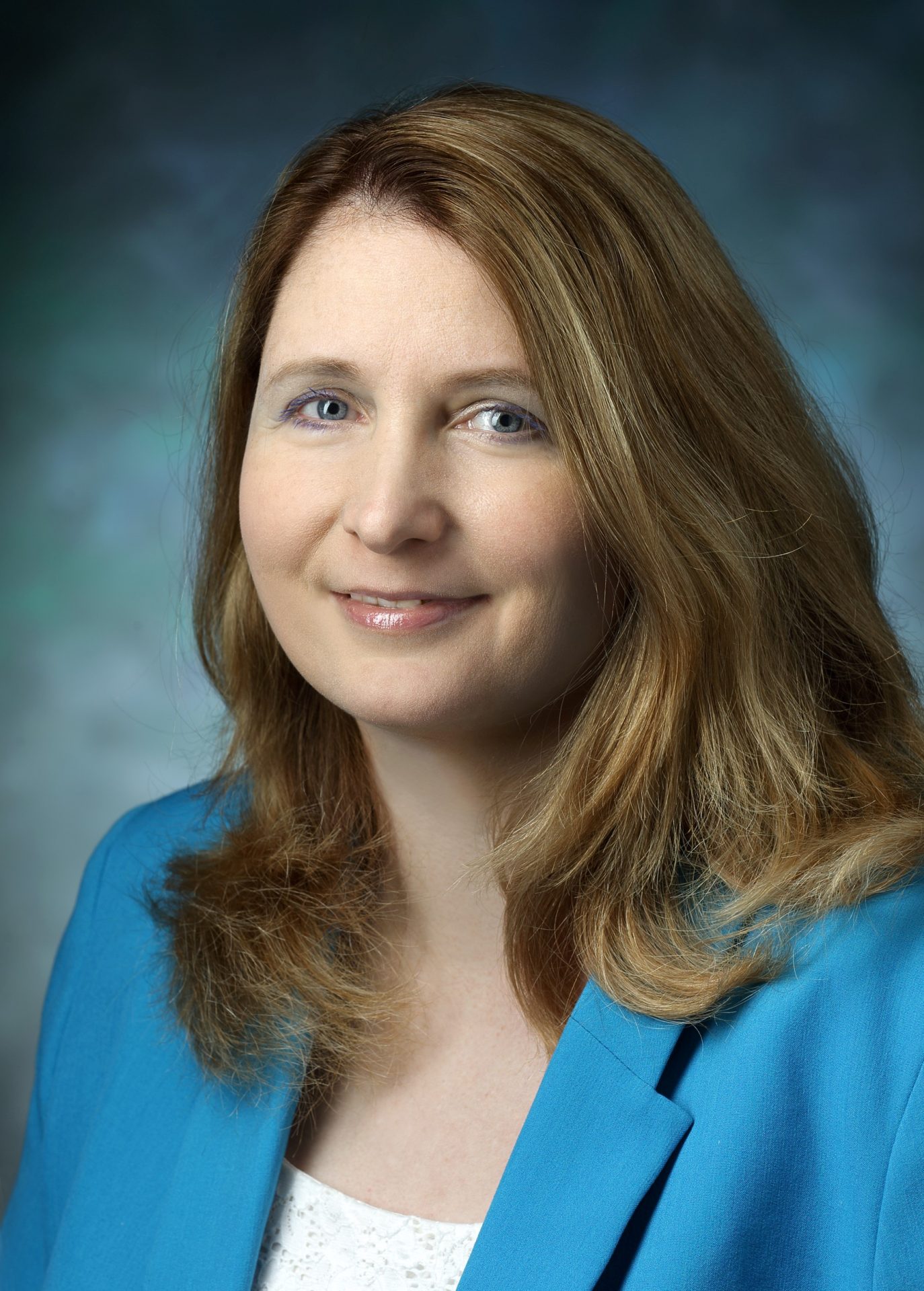
Awardee #2: Daniela Čiháková, MD, PhD, D(ABMLI)
Project Name: 3D morphological and spatial transcriptomic analysis of cardiac sarcoidosis
Daniela Čiháková, MD, PhD, D(ABMLI) is a Professor of Immunology in the Department of Pathology at the Johns Hopkins University (JHU) School of Medicine and Department of Molecular Microbiology and Immunology, Bloomberg School of Public Health at the JHU. She is also an Associate Director of the Diagnostic Immunology Lab at JHU. Dr. Čiháková is an expert in the field of cardiac immunology, with a highly productive carrier and over 70 publications in the field.
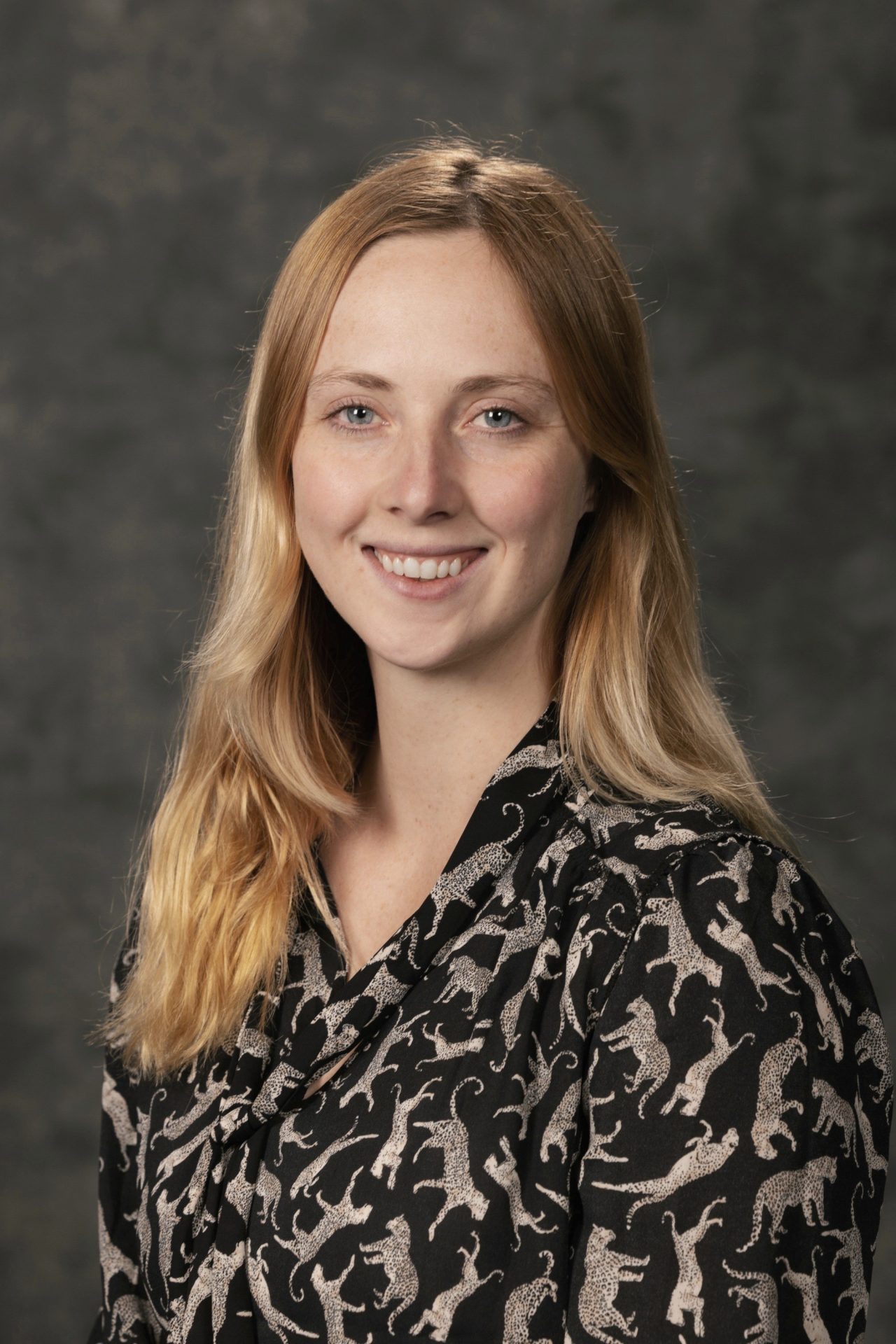
Co-PI: Dr. Ashley Kiemen, PhD
Project Name: 3D morphological and spatial transcriptomic analysis of cardiac sarcoidosis
Ashley Kiemen, PhD is an Assistant Professor of Pathology at the Johns Hopkins University School of Medicine. She received her bachelor’s degree in chemical engineering from the University of Michigan, her master’s degree in philosophy from the London School of Economics, and her doctorate in chemical & biomolecular engineering from Johns Hopkins University. Dr. Kiemen’s research focuses on development of novel deep learning and image processing workflows for microanatomical study of anatomy and diseases in three-dimensions (3D), and molecular, genomic, and transcriptomic integration with 3D pathology. While her major focus is on the development and invasion patterns of pancreatic cancer, Dr. Kiemen also has projects spanning female reproductive health, heart disease, diabetes, and development.
2022
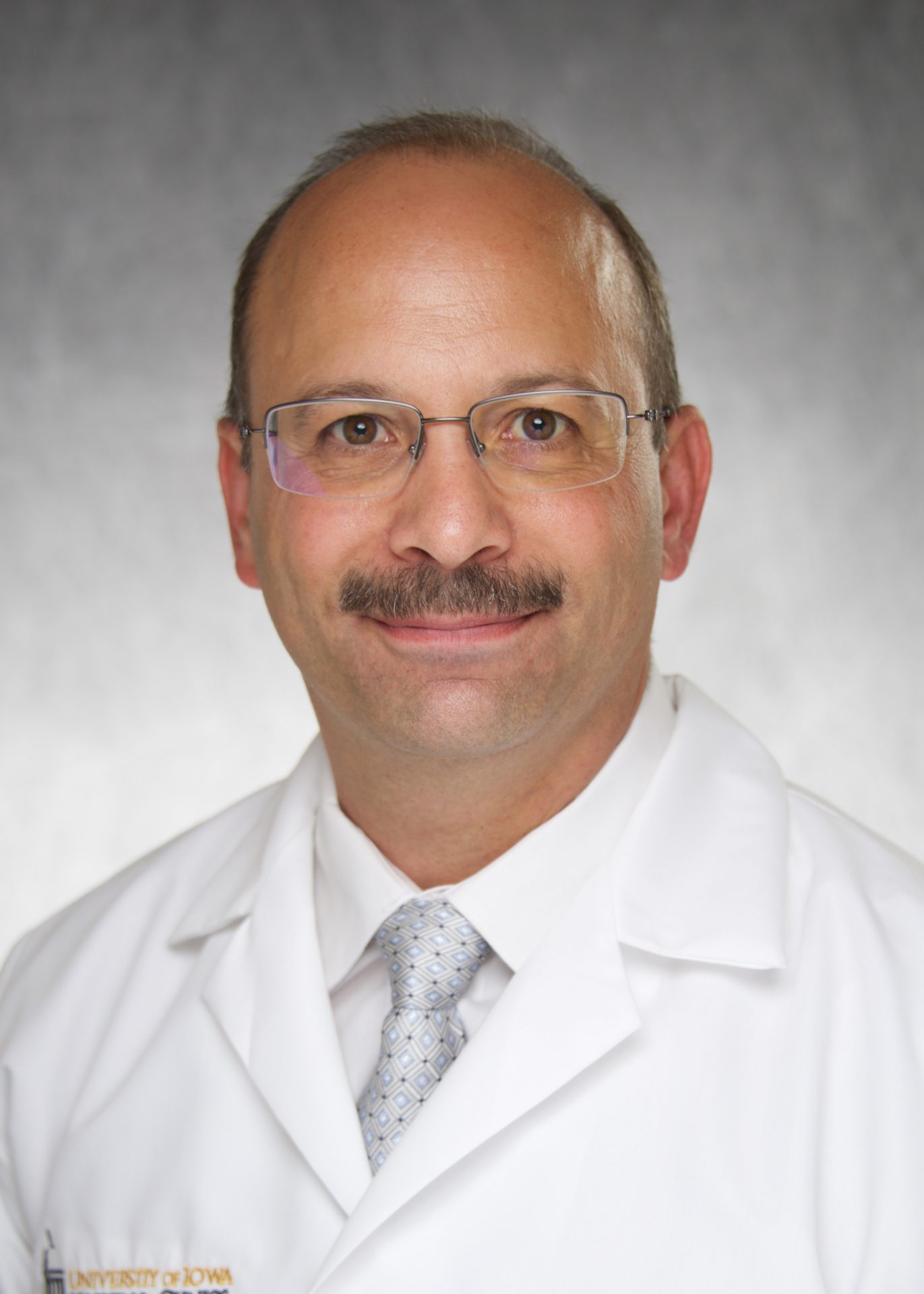
Dr. Nabeel Hamzeh, The University of Iowa
Project Name: Cardiac-Specific Cell Free DNA Biomarkers for Cardiac Sarcoidosis.
“Our sarcoidosis research group is honored and excited to receive the cardiac sarcoidosis grant award,” says Dr. Hamzeh, Professor of Internal Medicine - Pulmonary, Critical Care and Occupational Medicine at The University of Iowa. “The grant will significantly augment our ongoing efforts to investigate the role of two novel biomarkers reflective of ongoing active myocarditis in cardiac sarcoidosis.”
Read the FSR PIC newsletter for announcements for more upcoming grant opportunities.
Watch FSR's Cardiac and Pilot Grant Writing Webinar
